Obstructive vs. Central Sleep Apnea: What’s the Difference?
Sleep apnea is a serious sleep disorder where breathing repeatedly stops and starts during sleep. Central sleep apnea occurs when the brain fails to send proper signals to the muscles that control breathing. The two most common types are obstructive sleep apnea (OSA) and central sleep apnea (CSA). While both affect breathing, they differ in their causes and treatments.
If you’re in Farmington, NM, or nearby areas like Aztec, Bloomfield, and Kirtland, Farmington sleep dentist, Dr. Charles Schumacher at Desert Hills Dental Care can help you understand and manage sleep apnea for better health and sleep quality. Contact us today by calling (505) 427-2936 to learn more.
What Is Obstructive Sleep Apnea (OSA)?
Obstructive Sleep Apnea happens when upper airway obstruction occurs during sleep, often due to relaxed throat muscles or excess tissue around the airway. This physical obstruction interrupts breathing, leading to poor sleep quality and oxygen deprivation.
Symptoms of OSA:
- Snoring
- Pauses in breathing during sleep (often noticed by a partner)
- Gasping for air during sleep
- Excessive daytime fatigue and drowsiness
- Excessive daytime sleepiness (EDS)
- Difficulty concentrating or morning headaches
Risk Factors for OSA:
- Being overweight or obese
- Large neck circumference
- Smoking or alcohol consumption
- Nasal congestion
- Family history of OSA
Although the list above are frequently the most common risk factors, anyone, regardless of their body composition and/or physical fitness, can suffer from OSA.
What Is Central Sleep Apnea (CSA)?
Central Sleep Apnea occurs when the brain fails to signal the muscles to breathe. Factors that increase the likelihood to develop central sleep apnea include age, sex, heart disorders, high altitude, and opioid use. It’s a neurological condition rather than a physical obstruction and is often linked to underlying medical issues.
Symptoms of CSA:
- Episodes of stopped breathing without snoring
- Insomnia or difficulty staying asleep
- Waking up feeling short of breath
- Daytime fatigue and poor concentration
Risk Factors for CSA:
- Heart disorders like congestive heart failure
- Stroke or brain injuries
- Use of sedatives or opioid medications
- High altitudes, which can lead to high altitude sleep apnea
Key Differences Between OSA and CSA
The types of sleep apnea, including obstructive sleep apnea (OSA) and central sleep apnea (CSA), have distinct characteristics and dangers that are important to recognize for proper treatment.
The key difference between obstructive sleep apnea (OSA) and central sleep apnea (CSA) lies in their causes. OSA is caused by a physical blockage in the airway, often due to relaxed throat muscles, excess tissue, or the tongue obstructing airflow during sleep. It is typically accompanied by loud snoring and gasping for air.
In contrast, CSA occurs when the brain fails to send proper signals to the muscles responsible for breathing, leading to pauses in breathing without physical obstruction or snoring. While OSA is more common and often linked to lifestyle factors like obesity, CSA is associated with underlying medical conditions such as heart failure, stroke, or the use of certain medications. Both types disrupt sleep and require tailored treatments for effective management.
How Is Sleep Apnea Treated?
Sleep apnea treatment depends on the type and severity of the condition, making accurate diagnosis crucial. Both OSA and CSA benefit from early intervention, which can significantly improve sleep and overall health.
Treatments for Obstructive Sleep Apnea:
- CPAP Therapy: A machine that provides steady air pressure, known as continuous positive airway pressure, to keep the airway open.
- Oral Appliances: Custom-fitted devices to reposition the jaw or tongue and improve airflow.
- Surgery: Options include removing tissue, adjusting the jaw, or opening nasal passages.
- Lifestyle Changes: Weight loss, quitting smoking, and avoiding alcohol can reduce symptoms.
Treatments for Central Sleep Apnea:
- Addressing Underlying Issues: Treat heart or neurological conditions that may cause CSA.
- Adaptive Servo-Ventilation (ASV): A specialized device that stabilizes breathing patterns.
- Oxygen Therapy: Supplemental oxygen can ease symptoms, particularly in high-altitude areas.
- Medications: Certain drugs may stimulate breathing in some cases.
- Complex Sleep Apnea Syndrome: This hybrid of obstructive and central sleep apnea may require specialized interventions. It is often diagnosed when standard treatments fail to resolve symptoms.
If you suspect you have sleep apnea, a sleep study can diagnose the type and severity of your condition.
Frequently Asked Questions
How do I know if I have obstructive or central sleep apnea?
Symptoms like loud snoring and choking during sleep are more common with OSA, while CSA is associated with pauses in breathing without snoring. A sleep study is the best way to determine the type.
Can sleep apnea go away on its own?
While mild cases may improve with lifestyle changes like weight loss or quitting smoking, most sleep apnea requires medical treatment to prevent complications.
Is a CPAP machine the only treatment option for sleep apnea?
No. While CPAP is highly effective, other options include oral appliances, surgery, and lifestyle changes for OSA, or ASV and oxygen therapy for CSA. However, CPAP has limitations, especially in treating sleep disordered breathing related to heart failure and opioid use, highlighting the need for more tailored approaches based on individual patient profiles.
Can untreated sleep apnea lead to serious health issues?
Yes. Sleep apnea increases the risk of heart disease, high blood pressure, stroke, diabetes, and even accidents due to daytime fatigue.
Take Control of Your Sleep Health
Whether you’re dealing with obstructive or central sleep apnea, understanding the differences is the first step toward effective treatment. Both conditions can seriously impact your health and quality of life if left untreated.
For residents of Farmington, NM, and nearby communities like Aztec, Bloomfield, and Kirtland, Dr. Schumacher offers expert care and tailored solutions to address your sleep apnea. Don’t let poor sleep hold you back, schedule an appointment today by calling (505) 427-2936 to rediscover the benefits of restful, restorative sleep.
